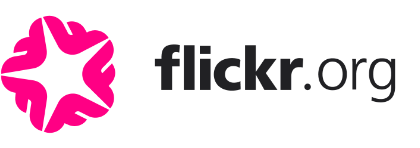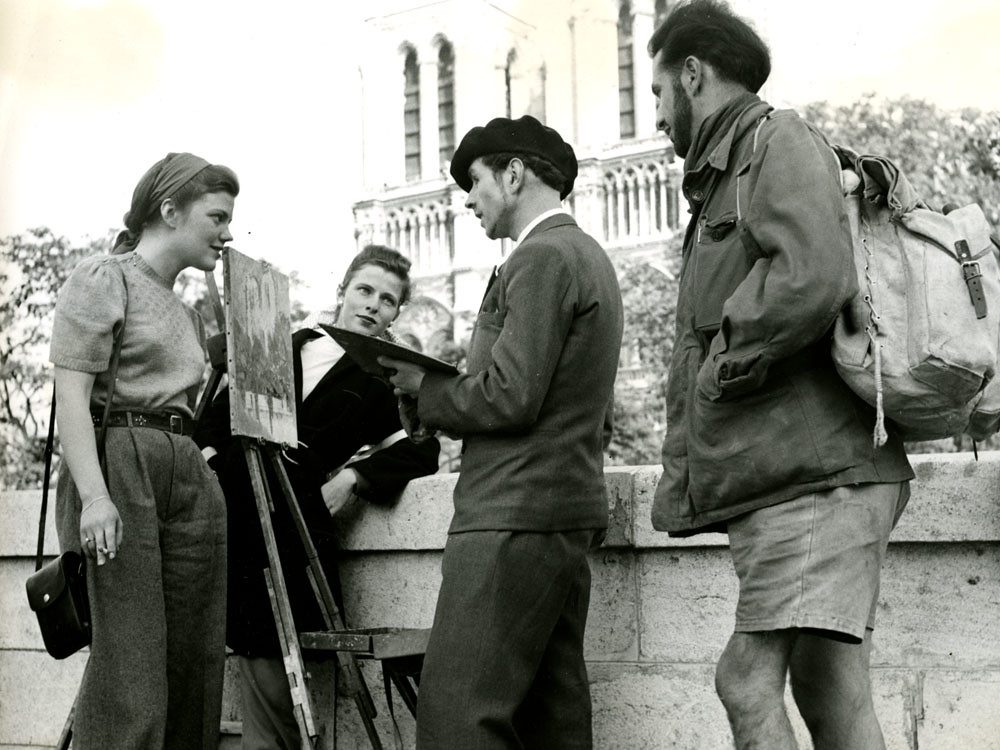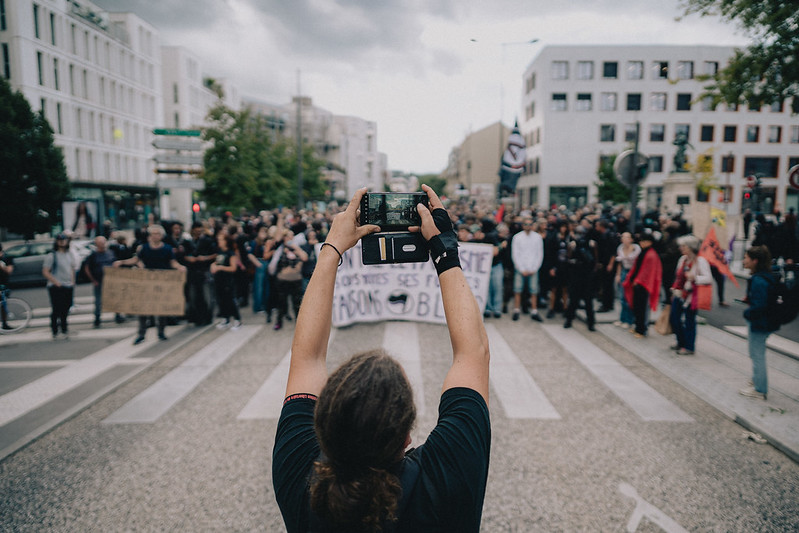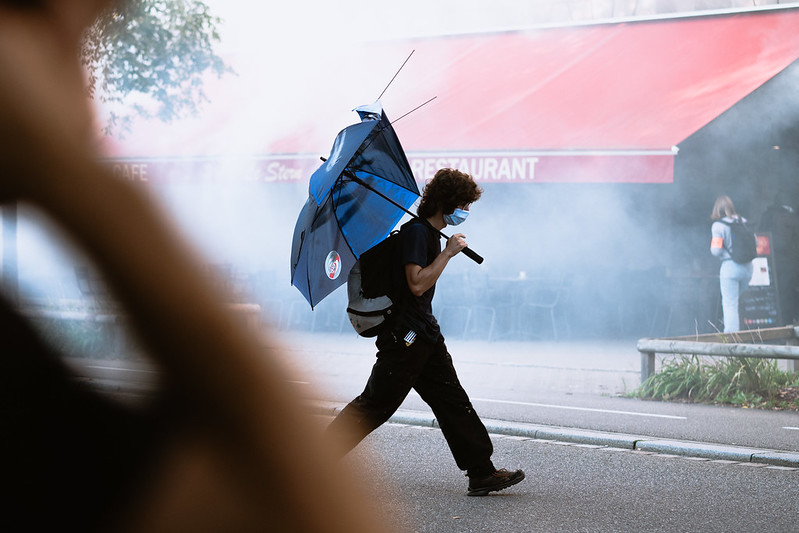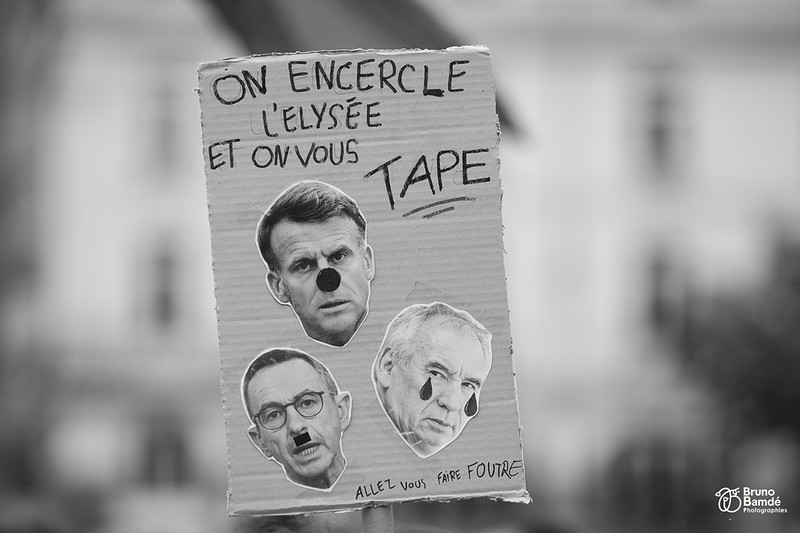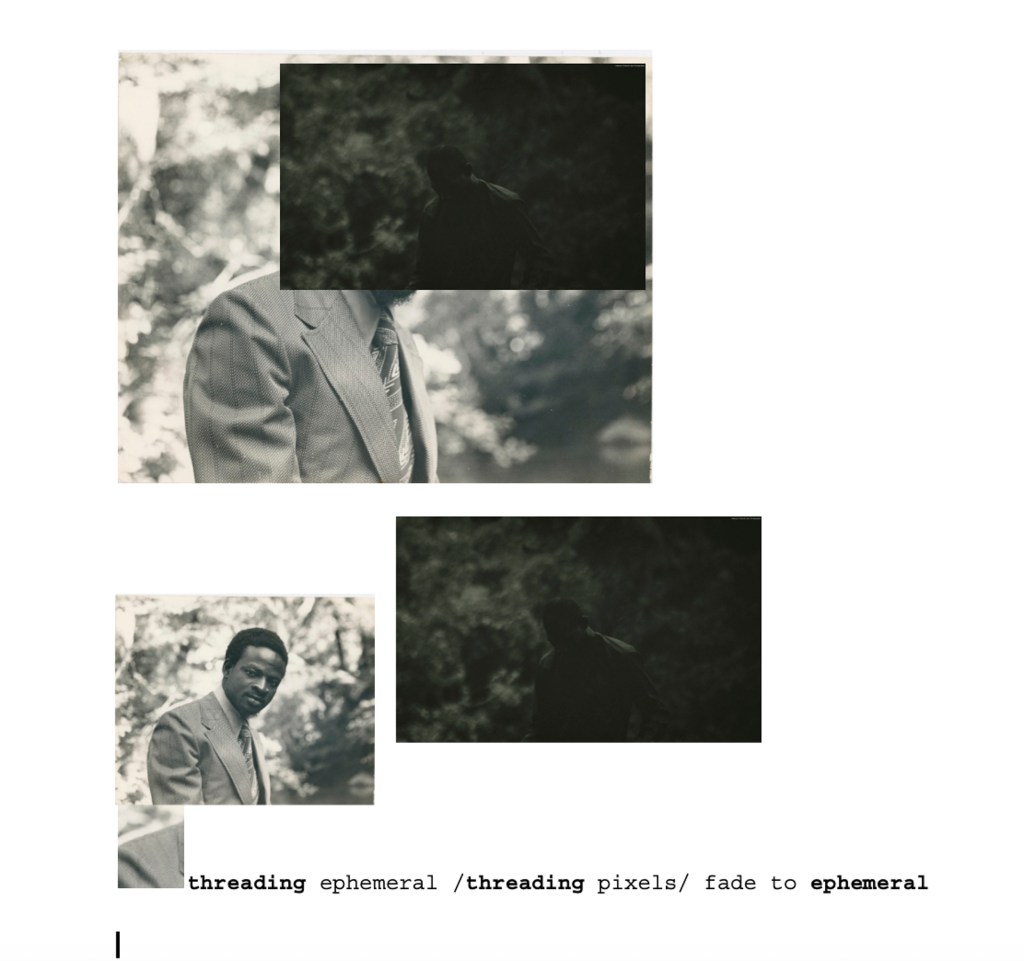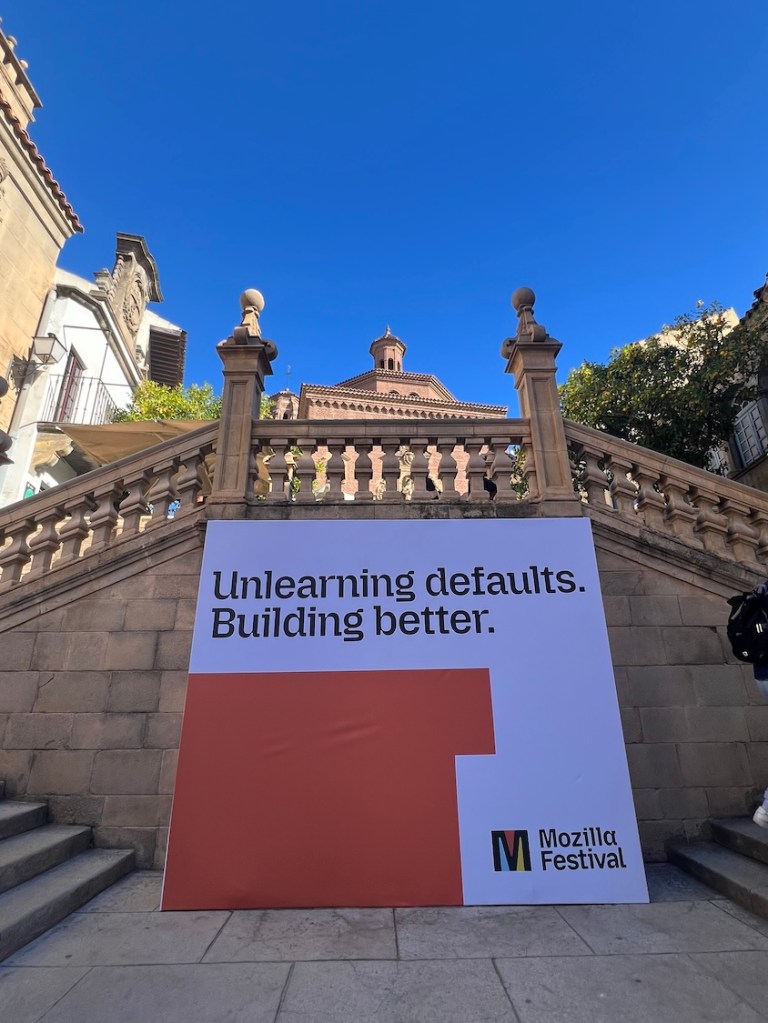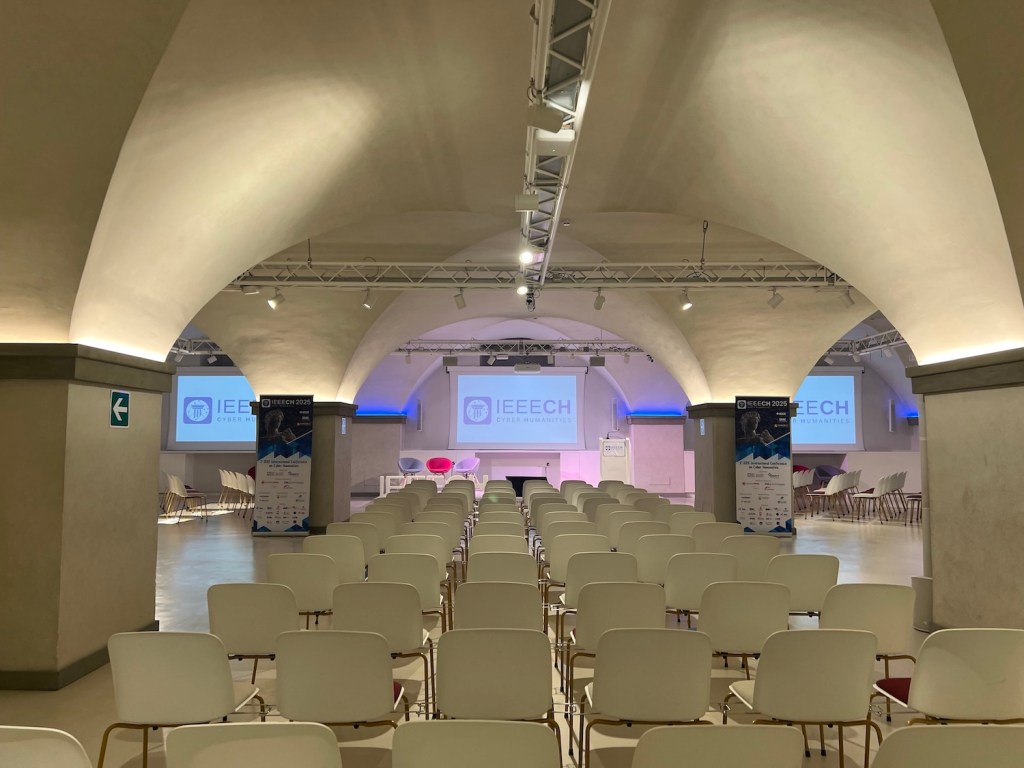Our second stop on the European conference circuit was Paris, for the Sixteenth International Conference on The Image where George and Tori shared the release of Data Lifeboat and the importance of citizen-driven collecting.
Last week, George and Tori traveled to the ‘city of light’ to present our work on Data Lifeboats as a tool for citizen-driven collecting at the XVIth International Conference of the Image in Paris.
We arrived during tumultuous times, with protests blocking major arteries of the city. The next morning, Tori captured the following moment at Place de la République on her walk to the conference: photographing municipal workers arriving to remove graffiti from the monument. This image serves as a testament to how contemporary history unfolds continuously around us; without capturing and securing these moments, we risk losing them entirely.
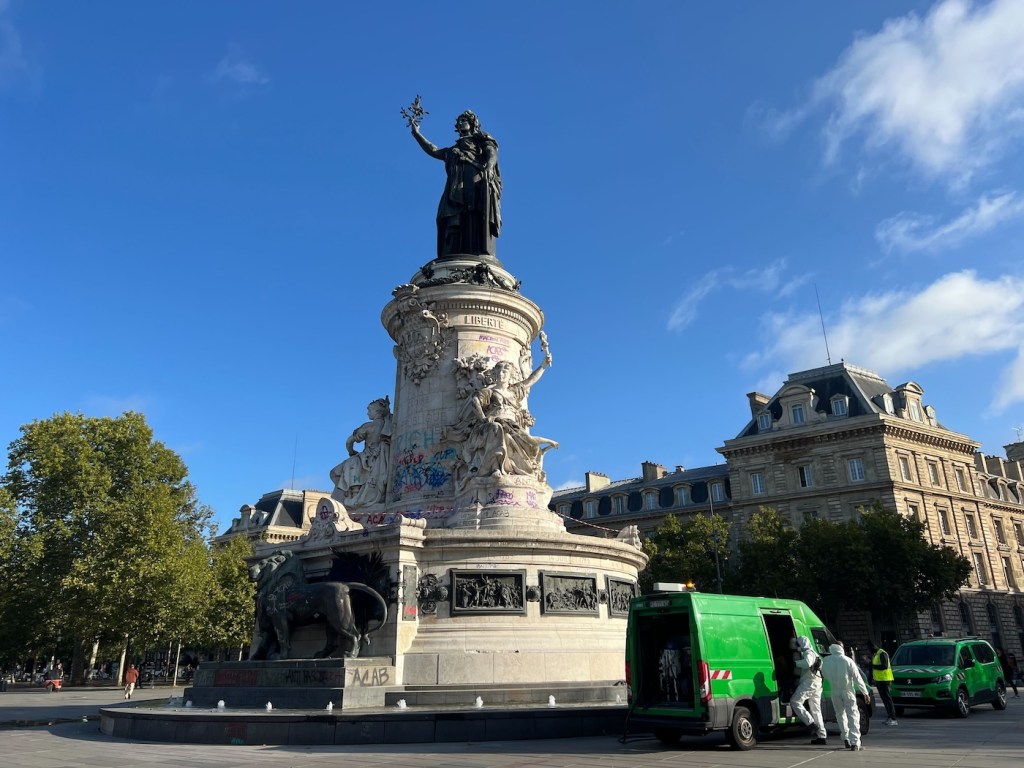
In preparation for the conference, we created a Data Lifeboat of our Flickr Foundation gallery: Notre Dame, 15 April 2019. This collection of photographs gathered from Flickr highlights the ‘people’s perspective’ of the cathedral fire. As we detailed in an earlier blog post, while the same images circulated across traditional media outlets, a people’s history of how the tragedy unfurled was uploaded by on-the-ground observers. This collection, among many others currently being made with our alpha tool, provides a compelling proof-of-concept of the importance of securing these social moments for decades to come.
Responding to the conference theme, From Democratic Aesthetics to Digital Culture, we proposed Data Lifeboat as a tool for representing a more democratic culture of the image. Which, in turn, contributes to the diversification of archival voices. We shared a detailed walkthrough of creating the Notre Dame Data Lifeboat and its viewer. It felt particularly apt to champion the value of securing our collective online photographic heritage in the city that once gave birth to photography: from Nadar’s catacombs to Atget’s vanishing street vendors.
Walking the halls of the Sorbonne felt particularly edifying, as scholars on ‘the image’ — a field that stretched from film to advertising to microscopic experiments — fervently exchanged ideas over coffee and canelé. We were particularly humbled in the lecture theatre, complete with bucolic frescoes, where Marie Curie gave her first ever demonstration.
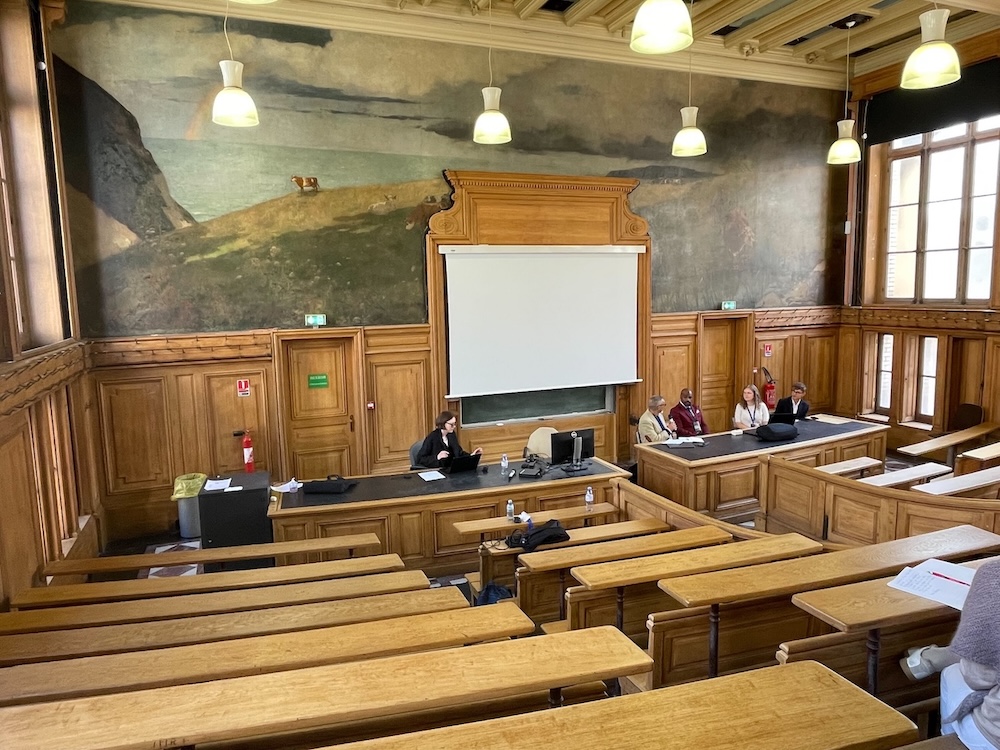
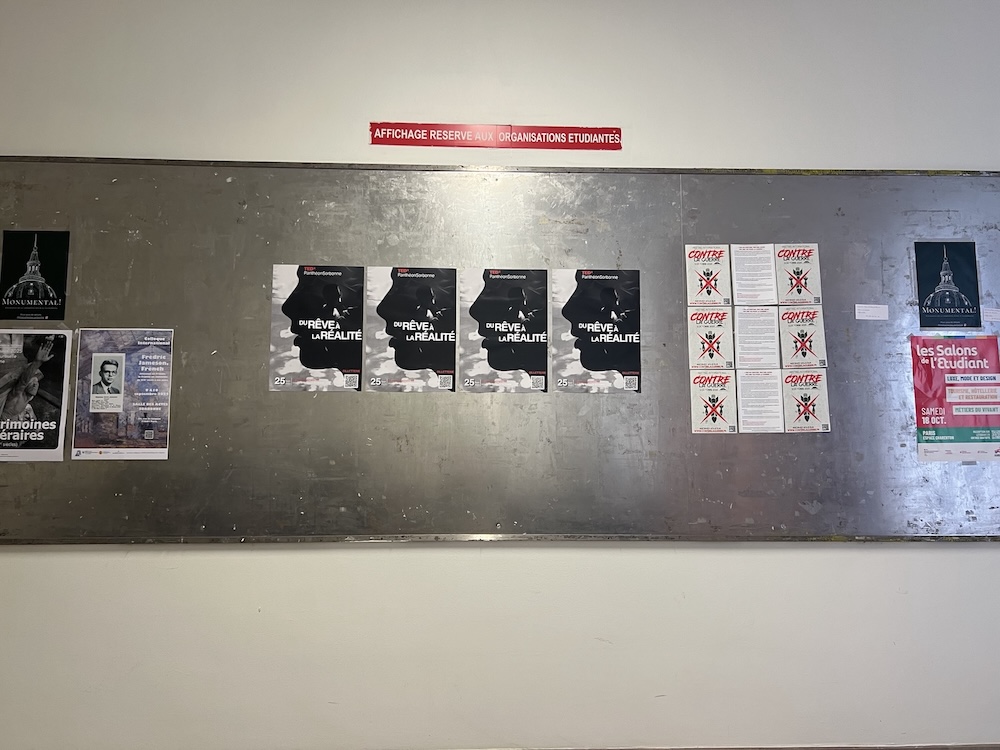
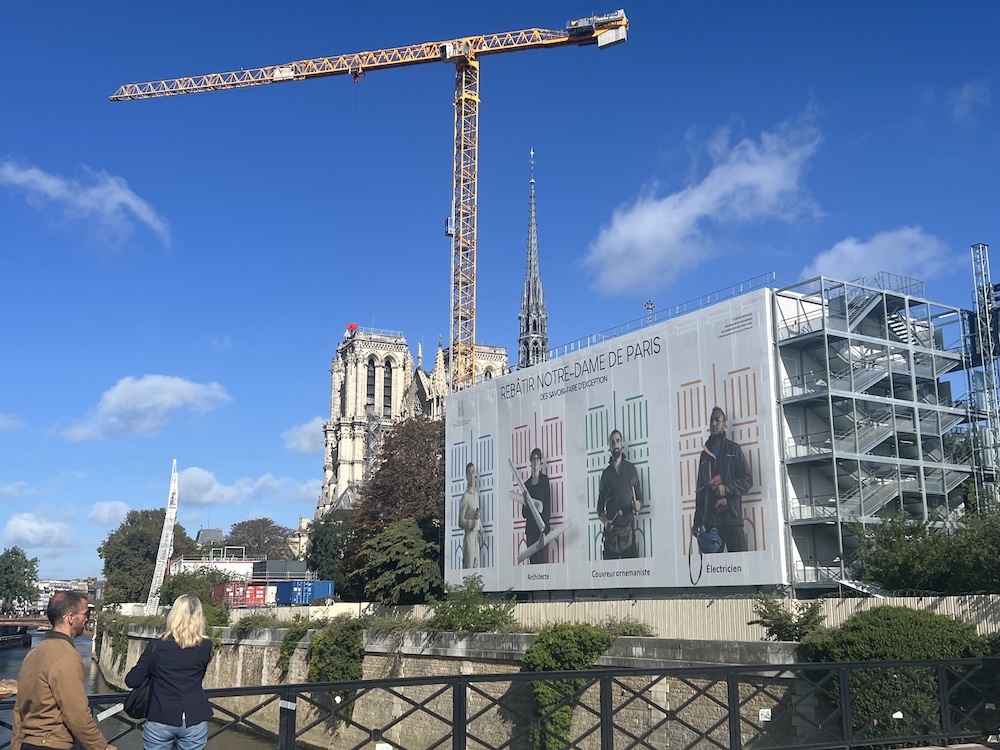
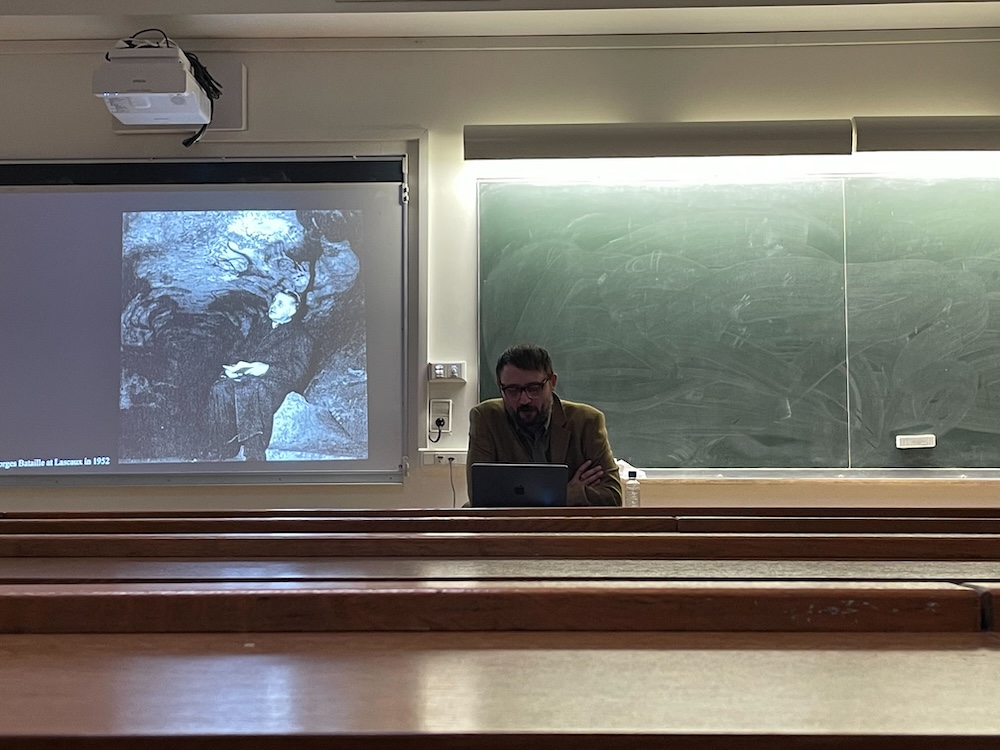
A few other notable conference highlights for us included:
- Beatrice Citterio‘s presentation on Counter Images of the Alps, examining civic action mobilized by local communities against destructive development for the 2026 Winter Olympics in Cortina. Her collection of visual evidence from social media and field research sites highlighted collective resistance that remains undocumented in mainstream and corporate-driven media.
- Jenifer Wightman‘s mud paintings were a particular delight. Working with samples pulled from toxic sites such as the Gowanus Canal and Dead Horse Bay (created to the exact dimensions of Rothko paintings), this biologist-turned-artist has developed a three-dimensional array to capture, stack, and merge images using consumer-grade cameras and macro lenses. Her work reveals the transformation and blooming of microbial communities in-situ over time.
Next up… Zaragoza, Spain for the Conference of the Inclusive Museum.
